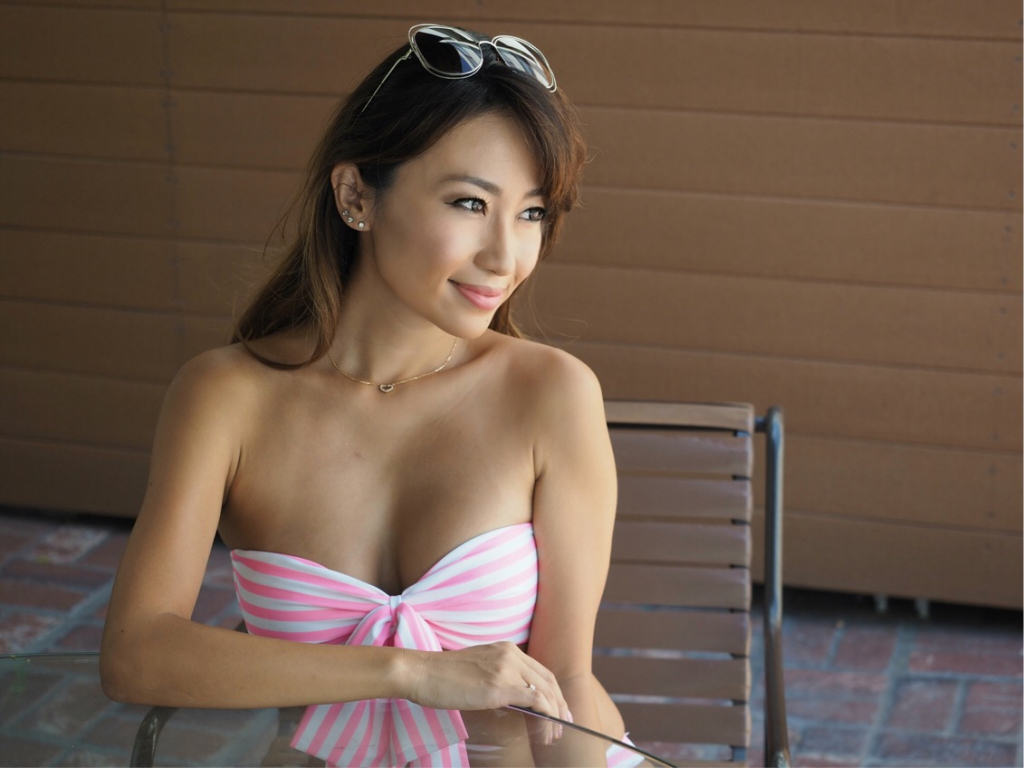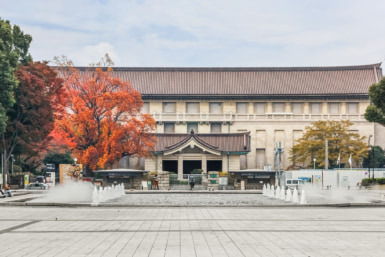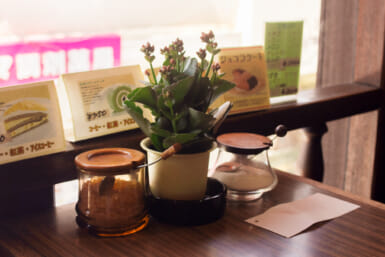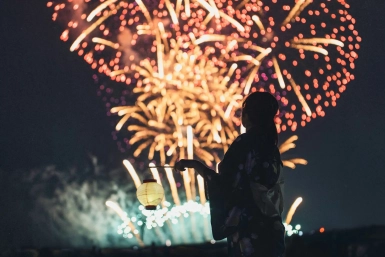Another example of racism in Hollywood or just a case of selecting the most marketable star to make a profit? The live-action film adaptation of Masamune Shirow’s manga comic Ghost in the Shell opened in Japan this month and was already causing a stir well before opening day. It’s a story that inspired movies such as The Matrix, Avatar and Minority Report, yet all anyone’s been talking about over the past 12 months is the casting of Scarlett Johansson as the lead character Major Motoko Kusanagi.
Many see it as a kick in the teeth, not only for Japanese actors, but Asian actors in general. If they’re not going to be considered for a character named Motoko, you wonder if it’s ever going to happen. At the same time, The Major is a cyborg whose ethnicity and sex is never clearly defined. From the producers’ perspective, rather than focusing on the race of the actor, it was about targeting a megastar to attract worldwide audiences. In that sense, Johansson fit the bill perfectly.
Of course, not everyone’s willing to accept that point of view. Speaking during a panel luncheon last year, Fresh Off the Boat star Constance Wu said the situation was “particularly heinous because they ran CGI tests to make [Johansson] more Asian.” She was also disappointed with the decision to cast Matt Damon as the hero in The Great Wall, writing on her Twitter page, “We have to stop perpetuating the racist myth that only a white man can save the world.”
George Takei is another Asian-American celebrity who regularly speaks out about whitewashing in Hollywood. He took to Facebook after screenwriter Robert Cargill suggested that Tilda Swinton had been chosen as The Ancient One – traditionally a Tibetan character – in Doctor Strange to appease Chinese audiences. “So, let me get this straight. You cast a white actress so you wouldn’t hurt sales … in Asia? This backpedaling is nearly as cringeworthy as the casting. Marvel must think we’re all idiots,” wrote the Star Trek actor.
From Katharine Hepburn as Jade Tan in the 1944 film Dragon Seed to Mickey Rooney’s infamous role as Mr. Yunioshi in Breakfast at Tiffany’s, Caucasian actors have been portraying Asian characters for decades, and the trend appears to be continuing. The casting of Nat Wolff as Light Yagami in the upcoming Netflix production of Death Note adds further fuel to the fire. American-born actor Edward Zo claims he was indirectly told not to bother auditioning for the role as they weren’t looking for someone Asian.
So how deflating is it for Japanese actors in Hollywood to hear news like this? Weekender spoke with Toru Uchikado, Ami Haruno and Nina Fujii to hear their thoughts on the subject of whitewashing.
Toru Uchikado
The 27-year-old’s breakthrough role came as Ren Shimosawa in Tim Kring’s supernatural drama Heroes Reborn. He’s currently starring as a serial killer in a web series titled The Mask of Sanity.
“I chuckled when I saw the trailer for The Great Wall with Matt Damon. It seemed so typical of Hollywood. At the same time, I don’t know the storyline and would hate to criticize a movie without watching it. You could say it gives Asian actors an opportunity to showcase their talents globally as they’re in a film with a huge star. Also, studios need to make money and probably feel they have a better chance of doing that with big names. Whilst that makes sense, it’s disappointing that Asian actors aren’t considered as you never know what could happen. The film might do just as well or possibly better [with an Asian lead]. We don’t know because the people in power aren’t prepared to take that risk.
We [Asian actors] can’t just sit around and wait for things to change. You’ve got to be proactive. Go out and do independent films, work on your English so you don’t have to rely on stereotypical roles, create your own material to pitch to casting directors. I keep telling myself these things. It’s tough, but it was even harder in the past. I can’t imagine how difficult it would have been if I’d moved here [to L.A.] a decade or two ago. It’s thanks to people like [Japanese-American actor] Masi Oka. Without his iconic performance as Hiro Nakamura in Heroes, Kiki [Sukezane] and I probably wouldn’t have got our roles in the Reborn series. I believe things will continue to improve as there are many creative Asian minds in the industry.”
Ami Haruna
Granddaughter of Akutagawa-prize winning author Komao Furuyama, Haruna has featured in many big-budget Hollywood films, including Seeking a Friend for the End of the World and Crazy, Stupid, Love.
“Whitewashing is a problem in Hollywood, but I’m not referring to myself when I say that. I realize most people born outside of English-speaking countries won’t be getting any major roles because pronunciation is so important. I wouldn’t expect a foreign person who didn’t speak Japanese perfectly to get a lead part in an NHK or TBS show, and it is the same with me in America. Conversing with friends is one thing; sounding clear enough for a movie or drama is something else completely. I remember filming for Crazy, Stupid, Love and I couldn’t say ‘Beverly Hills’ without an accent. Fortunately, Steve Carell helped me.
That was only a small part, which is fine. What I find frustrating is the typecasting of Asian, African-American, and Hispanic actors. Asian guys, for example, always seem to either be nerds or businessmen. Why can’t they be the heroes? I think there is a race problem in Hollywood and I’m not just talking about the film industry. A male friend told me that when he goes to restaurants with Caucasian friends they tend to get the best table; but things are different when he goes with Asian people. It’s a big issue, but I still love L.A. and am grateful for the opportunities I’ve had. Playing a ballerina, kissing Keira Knightley, washing a penguin in a bikini … there have been a lot of fun roles.”
Nina Fujii
Born to an American mother and Japanese father, Fujii moved to L.A. two years ago. She’s set to feature in the film Bond of Justice: Kizuna, due out later this year.
“The topic of whitewashing is brought up a lot in Los Angeles. Hollywood’s a tough place to go to and succeed, and I think it can be particularly hard on Asian actors. Some of my Japanese friends will be lucky to get two or three auditions a month, whereas I get them almost every day as I look Caucasian. Of course, that’s a big advantage, but it also means there’s more competition. It feels like I’m somewhere in the middle. I’ve tried for Japanese parts and casting directors have basically looked at me and said, “What are you doing here?” Having been born and bred in Tokyo, it feels strange to be told you should be going for European or American roles.
I think there’s still this misconception in Hollywood that Japanese actors make for good samurai or geisha characters, but can’t do much else. I would love to be able to show people around the world that we have much more to offer. Contrarily, to do that I believe it’s important to adopt more of an American mindset. Recently my acting coach asked me if I thought I was pretty. I said no, which is a typical Japanese response, and from his reaction I realized how important confidence is in order to grow in this industry. I was always taught to be modest back home, but to do well in the States you need to change your mentality and adapt to the surroundings.”
Updated On April 26, 2021









